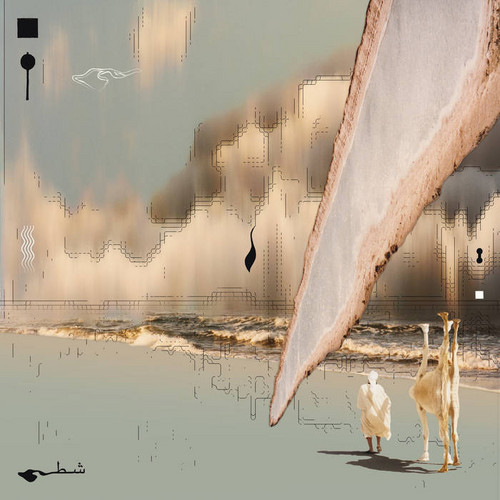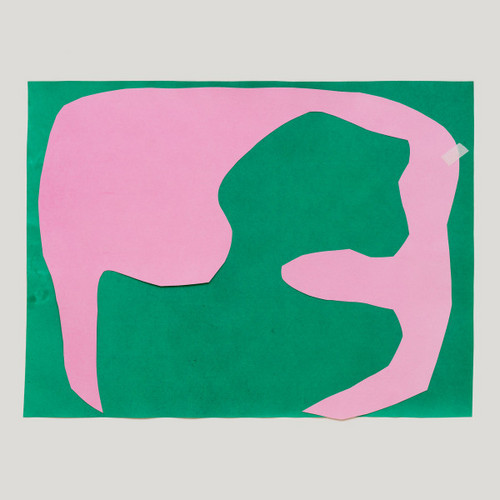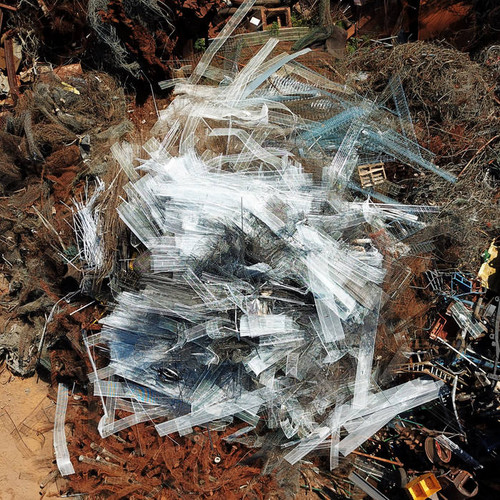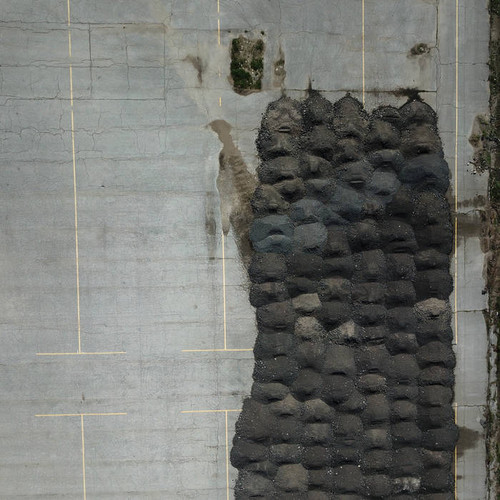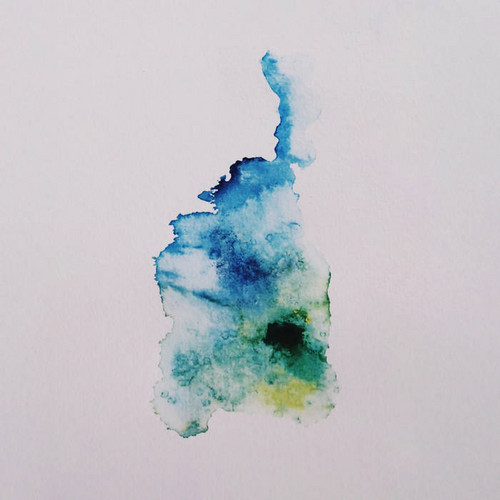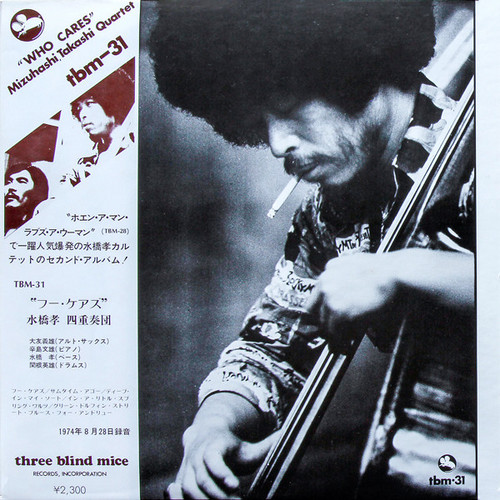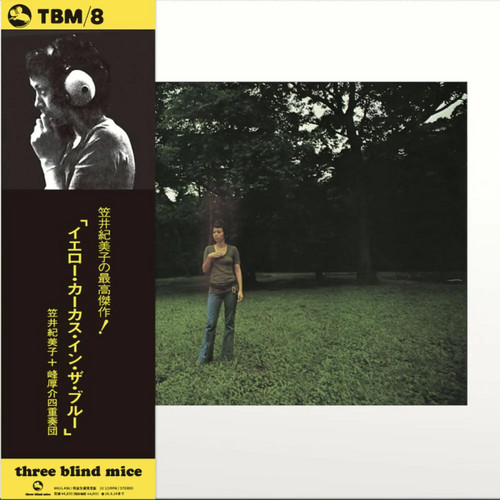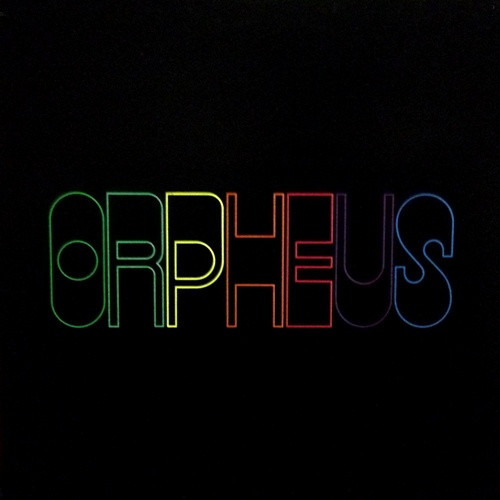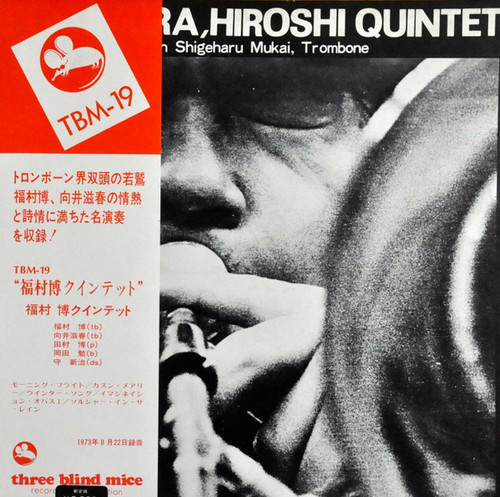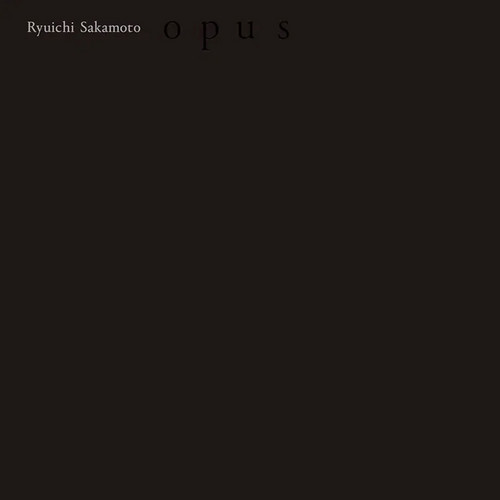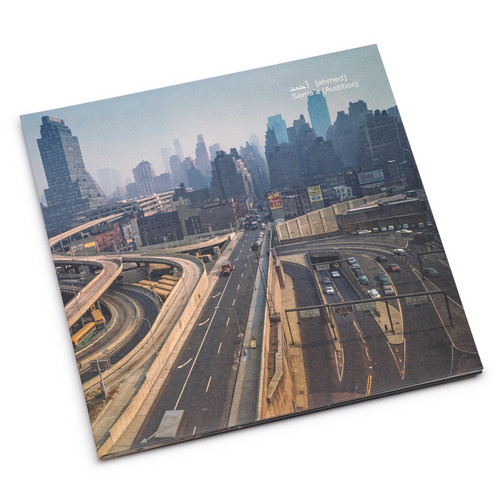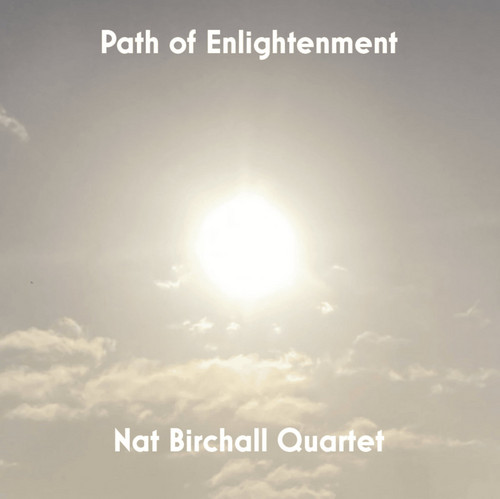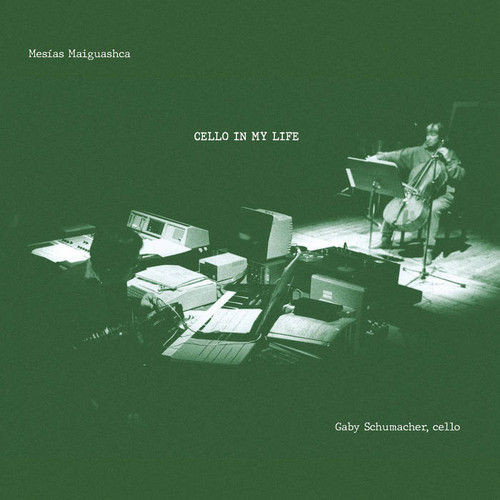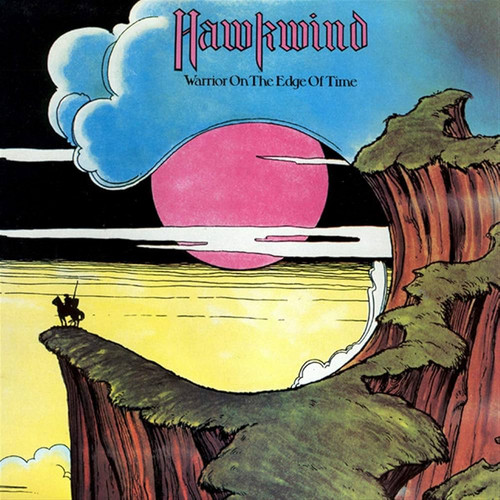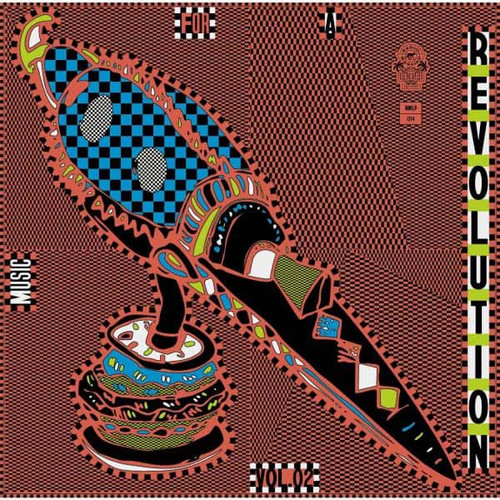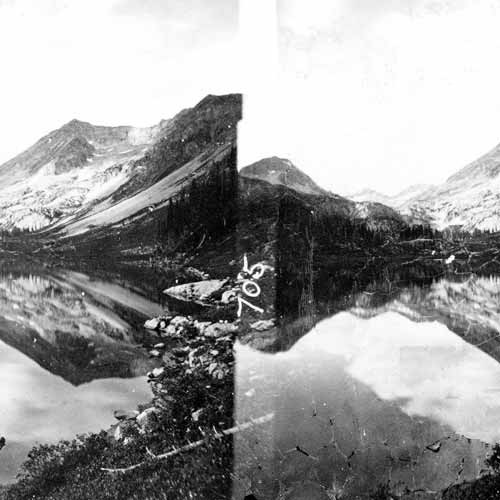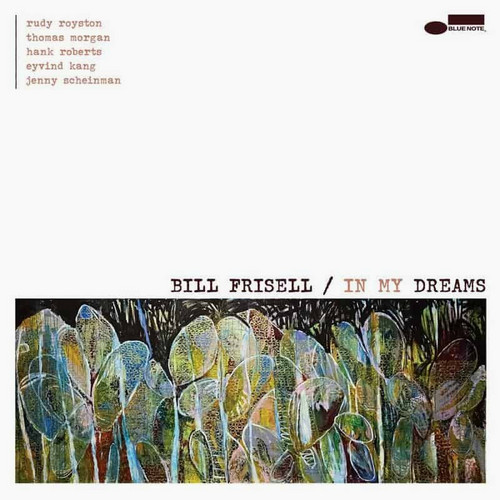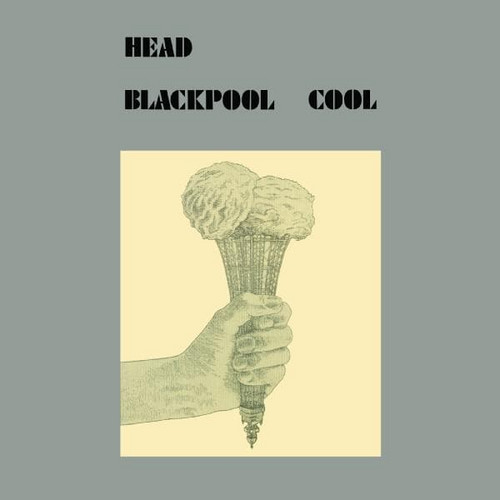Upcoming releases
Sounds Of The Modern Hospital
Death Is Not The End reissue Mark Vernon's sought-after 2013 collection Sounds of a Modern Hospital on vinyl & cassette formats. Whilst every effort has been made to record the subject in as great a degree of isolation as possible, the sound recordings you will hear on this record were made in a real working hospital and not under controlled conditions. Therefore, on occasion, you may hear some unavoidable background noise, conversations and other extraneous sounds.
All recordings were made by M…
Chott
On his new album Chott, German-Tunisian producer and composer Taroug confronts his origins. Named after the Chott El Djerid, a vast salt lake in southern Tunisia, the ten-track album revolves around personal history and the search for identity.
Chott is a conceptual work shaped by contrasting atmospheres, from minimalistic melancholy to raw, bass-heavy intensity. It blends traditional instruments with contemporary electronic textures, drawing lines between past and present. Personal materials—su…
Après Coup
Blue Lake reveals his most ambitious album yet, which finds its visionary creator Jason Dungan harnessing the collective alchemy of his band, with ten spirited tracks that resonate with a powerful directness, evoking an ecological connection to the wider world.
Hope for Nothingness as Something
*75 copies limited edition* A two-chapter suite for modular & FM synth, wind & string instruments, electronics, sound objects and field recordings. The work is structured as a two-chapter descent from concrete score to analog & digital abstraction. It begins with the tangible written material and human presence of the performers, which are systematically subjected to a process of erosion. The initial components are reduced to "digital dust” — meaningless data fragments — then recombined algorith…
Piano Studies
*75 copies limited edition* Piano Studies is a set of pieces recorded on a salvaged piano body at Elektronmusikstudion (EMS) in Stockholm. Using free-floating metal preparations and various mallets, these works use this alternative hammer escapement mechanism to coax a particular inharmonic resonance from its skeleton frame.
Aves de Nahá
*75 copies limited edition* Aves de Nahá is the result of an interdisciplinary exchange of knowledge between anthropology, ornithology, and the Lacandon community of Nahá, Chiapas, México. It centers on the aural relationships between the Lacandon people and the birds of their jungle. The work invites us to listen to birds as sentient beings — creatures whose calls and songs announce shifts in weather and time cycles, accompany rituals, and participate in a shared environment where the jungle it…
Who Cares
The Takashi Mizuhashi Quartet proudly announces the reissue of their legendary 1974 album Who Cares, a cornerstone of Japanese post-bop jazz now available in a stunning remastered vinyl edition via Three Blind Mice Records. Originally recorded on August 28, 1974, at Aoi Studio in Tokyo, this vibrant LP captures the quartet's unparalleled synergy during jazz's golden era in Japan.
Led by bassist and composer Takashi Mizuhashi, the quartet features saxophonist Yoshio Otomo on alto and soprano sax,…
Yellow Carcass In The Blue
Legendary Japanese jazz vocalist Kimiko Kasai, one of the most innovative singers of the 1970s, joins forces with the fiery Kosuke Mine Quartet on the newly reissued Yellow Carcass in the Blue, originally released in 1971 on the esteemed Three Blind Mice (TBM) label. This rare leader album captures Kasai at her peak, blending her husky, soulful voice with avant-garde improvisation and fusion grooves, featuring standout tracks like the title song—Masabumi Kikuchi's composition elevated by Kasai's…
Black Orpheus
The legendary Isao Suzuki Trio's iconic 1976 album Black Orpheus, a cornerstone of Japanese jazz, receives a stunning 180g vinyl reissue, bringing its soulful modal and soul-jazz grooves back to life for a new generation of listeners.
Originally released on Three Blind Mice (TBM-63) and recorded on February 20, 1976, at Aoi Studio in Tokyo, Black Orpheus showcases bassist and cellist Isao Suzuki leading a powerhouse trio with pianist Tsuyoshi Yamamoto on piano and electric piano, and drummer Don…
Morning Flight
Japanese jazz enthusiasts rejoice: the Hiroshi Fukumura Quintet’s landmark 1973 album Morning Flight, originally released on the iconic Three Blind Mice label, is being reissued for a new generation of listeners. This trombone-led masterpiece captures the raw energy and improvisational spirit of early 1970s Japanese jazz, blending free-form exploration with lyrical standards.
Opus
In the autumn of 2022, knowing his time was running out, Ryuichi Sakamoto summoned every ounce of his remaining strength to give us one last, definitive performance. Opus is that performance - a solo piano concert capturing one of the world's greatest musicians in his most vulnerable and transcendent moment. Curated and sequenced by Sakamoto himself, the twenty pieces wordlessly tell the story of his life and his vast body of work. The selection spans his entire career: from his pop-star period …
Sama'a - Audition
** Repress soon in stock ** Known for their exhilarating live-to-record albums such as last year's critically acclaimed Wood Blues and Giant Beauty, سماع [Sama'a] (Audition) is the first of two releases that will surface after [Ahmed]’s first studio recording sessions at North London’s The Fish Factory in early 2025. Since 2014, [Ahmed] أحمد have excavated and re-imagined the music of Ahmed Abdul-Malik, in an ever ongoing search for future music. Over a decade on, the group were given the opport…
Path of Enlightenment
Nat Birchall, saxophonist and composer, one of the most authentic voices in contemporary spiritual jazz, presents Path of Enlightenment, a sonic journey through rarely explored scales and modes, from Ethiopia to Byzantium, from ancient Egypt to South Africa.
For this new recording, Birchall deliberately chose the quartet format - tenor sax, piano, double bass and drums - seeking a cohesion and intimacy that allows the music to breathe and tell its story. Joining him are his trusted collaborators…
At Source
Caterina Barbieri & Bendik Giske's At Source resounds music as wellspring, that which is essential and unknowable, and yet utterly primary. It finds two acclaimed composer-musicians building a world together in self-contained collaboration between analogue synthesis and an extended approach to the saxophone that conjures its own universe of sound. It is at once intimate and cosmic, drawing on the challenges and possibilities of their artistic exchange, tearing down technique to access all the ex…
Cello in my life
Buh Records is proud to announce the release of "Cello in My Life", the new album by the renowned Ecuadorian composer Mesías Maiguashca. This deeply personal work reflects an intimate exploration of the relationship between the cello and the artist's life, realized in collaboration with celebrated cellist Gaby Schumacher. The album features six remarkable compositions spanning Maiguashca’s career from 1972 to 2015. Each piece offers a unique perspective on his groundbreaking approach to music, b…
Warrior On the Edge of Time
Iconic space rock pioneers Hawkwind are thrilled to announce a landmark 50th anniversary reissue of their groundbreaking fifth studio album, Warrior on the Edge of Time, originally released on May 9, 1975. This definitive edition, featuring the legendary lineup of Dave Brock, Nik Turner, Lemmy (Ian Kilmister), Simon House, Simon King, and Alan Powell, captures the band's most polished and ambitious work to date, blending psychedelic fury with cosmic storytelling.
Inspired by Michael Moorcock's …
Music For A Revolution Vol. 2 - Guinea's Syliphone Recording Label (1968-1980)
On October 2 1958, after over 60 years of colonial rule, Guineans voted overwhelmingly for their independence, and Guinea was declared a Republic with Sékou Touré as President. Guinea was the first of West Africa’s Francophone colonies to gain independence. To free Guinea from its colonial legacy, president Touré sought to restore dignity to his nation and give cause for Guineans to take pride in their culture, history and newfound freedom. To achieve this, he instructed his government to implem…
Zauberberg
"Few years ago, an idea germinated while reading The Magic Mountain by Thomas Mann. An idea not driven by the narrativity of the book, but by the traces and the aura invoked in it. That was it: an audible auratic journey trough the memories of a place lost in the heights of the swiss mountains. A century after the events depicted in the book, we went where the story took place, trying to capture the remaining sounds that could have been heard at the time, and the ghosts who might have still wand…
In My Dreams
In My Dreams brings Bill Frisell together with a circle of long-time collaborators for a rare sextet performance. Featuring Jenny Scheinman (violin), Eyvind Kang (viola), Hank Roberts (cello), Thomas Morgan (bass), and Rudy Royston (drums), the album captures musicians whose connections stretch back decades, now meeting in this configuration for the first time.
Moving freely across Frisell originals alongside jazz and Americana standards, the group plays with an ease born of familiarity and mutu…
Blackpool Cool
Head’s Blackpool Cool was self-released in 1977 on the band’s own Head Records, marking the Scottish group’s third and final album. Long prized by collectors, it stands as a distinctive entry in UK jazz-rock and fusion, driven by an inventive interplay of trumpet and keyboards and a sharp, forward-moving sense of rhythm.
Influenced by the exploratory edge of groups such as Nucleus, the album showcases the band’s creative confidence and the multi-instrumental talents of John Davies. The sound is …

